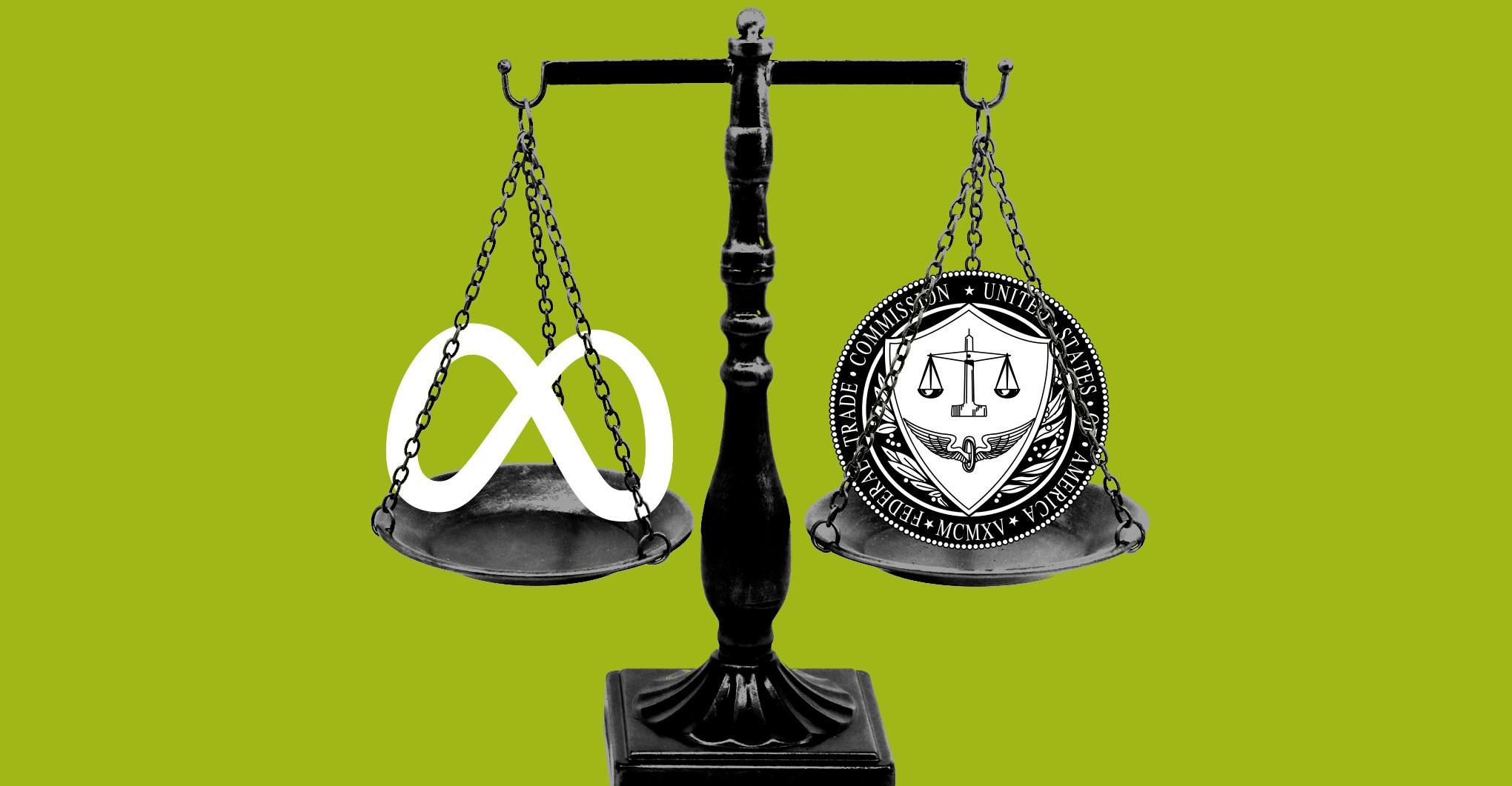Conservative leader Pierre Poilievre concedes defeat, vows to hold Carney’s minority government accountable

(Reuters): Canadian Prime Minister Mark Carney's Liberals retained power in the country's election on Monday but fell short of the majority government he had wanted to help him negotiate tariffs with United States President Donald Trump.
Conservative leader Pierre Poilievre conceded defeat to Carney's Liberals and said his party would hold the minority government to account.
The Liberals were leading or elected in 164 electoral districts, known as seats, followed by the Conservatives with 147, with votes still being counted.
The Liberals need to win 172 of the House of Commons seats for a majority that would allow them to govern without support from a smaller party.
Shachi Kurl, president of the Angus Reid Institute, a polling firm, told Reuters the Liberal win hinged on three factors.
"It was the 'anybody-but-Conservative' factor, it was the Trump tariff factor, and then it was the Trudeau departure ... which enabled a lot of left-of-centre voters and traditional Liberal voters to come back to the party," Kurl said, referring to the resignation of unpopular former Prime Minister Justin Trudeau.
Carney had promised a tough approach with Washington over its import tariffs and said Canada would need to spend billions to reduce its reliance on the US. But the right-of-centre Conservatives, who called for change after more than nine years of Liberal rule, showed unexpected strength.
Minority governments in Canada rarely last longer than 2-1/2 years.
The result capped a notable comeback for the Liberals, who had been 20 percentage points behind in the polls in January before Trudeau announced he was quitting and Trump started threatening tariffs and annexation.
"I look back to as recently as December when everyone was writing the Liberal Party off," Liberal Transport Minister Chrystia Freeland told CTV. "People were even talking about whether we would retain official party status in the next election. Tonight, when it is clear that we are going to form the government, from my perspective, that is an outstanding result."
Freeland's resignation from the Liberal cabinet in December after a clash with Trudeau led to his resignation.
Conservative disappointment
Tensions with the US have caused supporters of two smaller parties, the left-leaning New Democratic Party and the separatist Bloc Quebecois, to shift to the Liberals.
The last party to win four consecutive elections in Canada was the Liberals, in 2004.
The result was a huge defeat for Poilievre, who focused his campaign on domestic issues and the need to fix a country that he said the Liberals had "broken."
Neither the Carney nor Poilievre camp was immediately available for reaction to the CTV and CBC forecasts.
Wave of patriotism
Trump's threats ignited a wave of patriotism that swelled support for Carney, a political newcomer who previously led two G7 central banks.
Trump re-emerged as a campaign factor last week, declaring that he might raise a 25% tariff on Canadian-made cars because the U.S. does not want them. He said earlier he might use "economic force" to make Canada the 51st state.
Carney has emphasised that his experience handling economic issues makes him the best leader to deal with Trump, while Poilievre tapped into concerns about the cost of living, crime and a housing crisis.
Trump, in a social media post on Monday, reiterated his call for Canada to become the 51st state.
"Good luck to the Great people of Canada," he said. "Elect the man who has the strength and wisdom to cut your taxes in half, increase your military power, for free, to the highest level in the World, have your Car, Steel, Aluminum, Lumber, Energy, and all other businesses, QUADRUPLE in size, WITH ZERO TARIFFS OR TAXES, if Canada becomes the cherished 51st. State of the United States of America. No more artificially drawn line from many years ago."
Tensions with the US have caused supporters of two smaller parties, the left-leaning New Democratic Party and the separatist Bloc Quebecois, to shift to the Liberals. NDP leader Jagmeet Singh conceded defeat in his own district and said he planned to quit as party leader.
The Conservatives appeared on track to make gains in the seat-rich Toronto area to prevent a Liberal majority government, but Poilievre was trailing in his own Ottawa-area district, with votes still being counted.
The Liberals are the last party to win four consecutive elections in Canada, accomplishing the feat in 2004.
Poilievre focused his campaign on domestic issues and the need to fix a country that he said the Liberals had "broken."
Three killed in Lahore's multi-storey hotel fire
- 12 hours ago
Lawyer Imaan Mazari, husband get 17 years in jail in controversial tweets case
- 15 hours ago
Pakistan, Somalia sign agreement abolishing visas for diplomatic passport holders
- 12 hours ago
Djokovic ‘hanging in there’ after landmark 400th Slam win
- 15 hours ago
Denver advances, but Bo Nix is out: Six questions about where the Broncos go from here
- 3 hours ago

ElevenLabs made an AI album to plug its music generator
- 4 hours ago
Trump threatens Canada with 100% tariff if it completes China trade deal
- 12 hours ago
Cunha backs Carrick to succeed in new Utd 'cycle'
- 3 hours ago
'First round's on me': DePaul coach Holtmann covers drinks for students after Marquette win
- 3 hours ago
Surge of bets on Miami moves line toward underdog in college championship...
- 3 hours ago

Sony’s first clip-on open earbuds have a quiet mode so others can’t listen in
- 4 hours ago
Bangladesh replaced by Scotland at T20 World Cup, reports say
- 14 hours ago

.jpg&w=3840&q=75)






